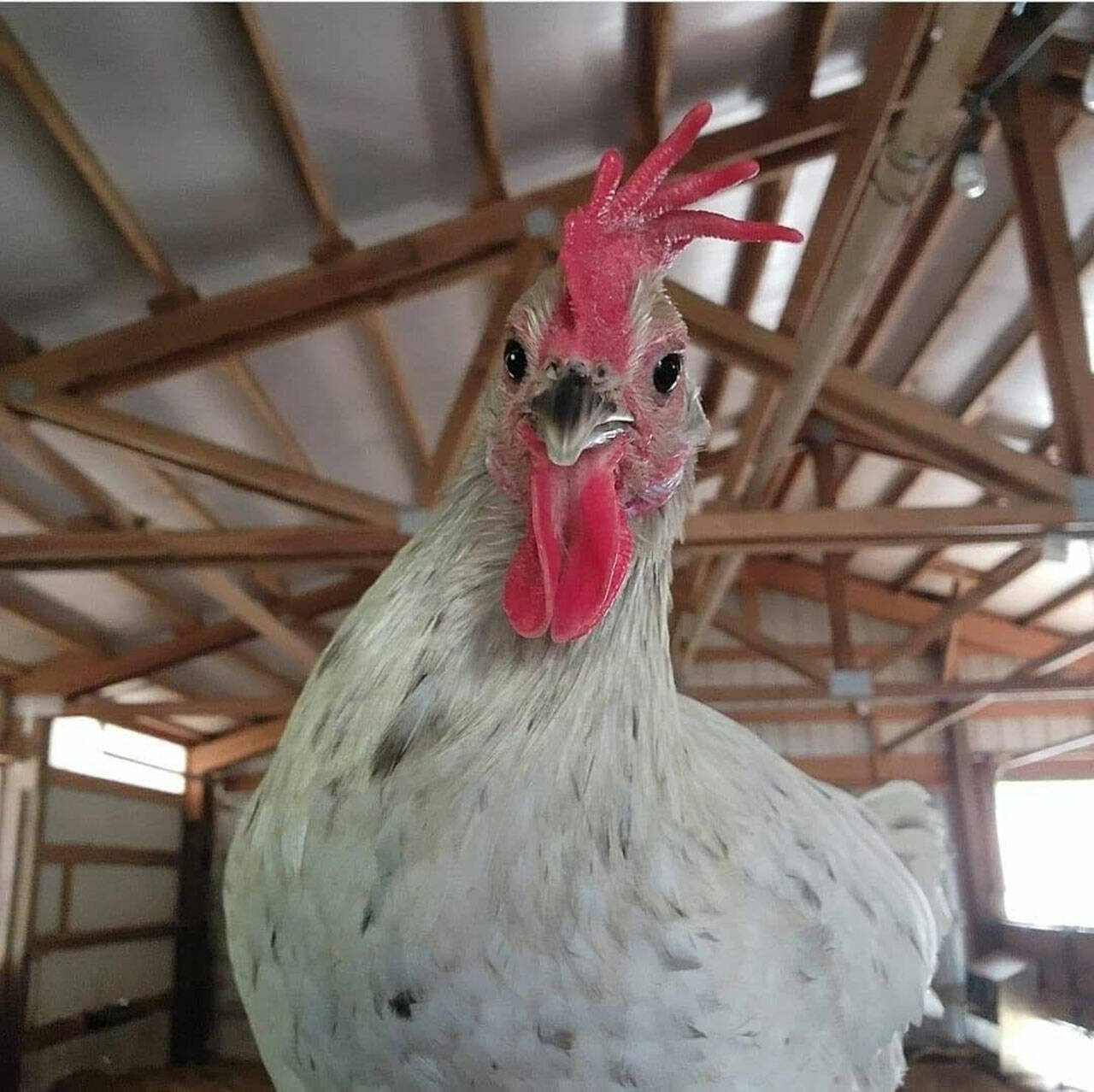As of Friday, May 6, the Washington State Department of Agriculture (WSDA) confirmed that the first case of highly pathogenic avian influenza (HPAI), also commonly referred to as bird flu, had been detected in a backyard flock in Pacific County.
This was the very first case of bird flu in Washington in 2022, but more cases have been detected since May 6. Since this first case, more cases of bird flu have been reported by WSDA, with two recent cases in Pierce County (see bit.ly/3MnwVuu).
According to Amber Betts, media relations coordinator at WSDA, none of the cases in the state so far have affected commercial flocks, but they have impacted non-commercial backyard flocks.
“Avian influenza is here,” said Washington state veterinarian Dr. Amber Itle in a press release. “Whether it has been confirmed in your county or not, you should be taking steps to protect your birds and prevent the spread of this virus, which could wipe out your flock.”
According to the Centers for Disease Control and Prevention (CDC), infected birds shed the virus in their saliva, nasal secretions and feces. Other birds can become infected when they have contact with infected birds, or as they are in contact with surfaces that are contaminated with the virus.
For many islanders who keep birds on their property, the rise of bird flu throughout the state has left them feeling concerned and has also caused them to pivot on how they are taking care of their flocks.
Rebecca Gibbons, who is the founder and director of The Old Goats Home & Rescue, keeps 55 hens, four roosters, two ducks and three geese at the rescue.
Gibbons has been closely tracking bird flu cases in Washington and has also been helping other islanders prepare their properties in accordance with guidelines from the state while providing education on covering runs and bio-security methods for large and small flocks.
“I would be very surprised if [bird flu is] not already here given the migration patterns in the last three days,” said Gibbons via email. “Migrations happen overnight, so people aren’t seeing where they land, whether it’s in mass or pairs, how close they are to their own poultry.”
At the rescue, implemented biosecurity measures to protect the birds and all of the non-poultry birds have been in “flockdown” for the past four weeks, according to Gibbons.
Fellow islander Zander Feveyear, who owns two ducks and 28 chickens, 14 of which are Seramas, a miniature show chicken, said he is also very concerned that bird flu will find its way to Vashon.
Feveyear has also taken additional measures to protect his birds, such as keeping them in an enclosed run to prevent wild bird feces from contaminating their living space. The birds’ food and water are kept away from where wild birds can access it as well.
Feveyear has also made the decision to stop buying or selling chickens at the moment.
“While [avian flu] is unlikely to infect humans, the risk to our poultry and domestic birds is very high. It can kill previously healthy birds in under three days,” said Feveyear.
He added that the thought of this was particularly frightening, as he has been breeding his Seramas since he was 15 years old.
“They mean the world to me,” he added.
WSDA recommends flock owners practice good biosecurity on their properties – like keeping birds confined in an area with a roof that doesn’t allow water through. (see bit.ly/3leEirY)
Itle also advises that flock owners limit access to their farms, not lend or share farm tools and equipment, and not sell eggs from their flocks.
While eating cooked eggs doesn’t pose a health risk, transferring eggs off a farm could transfer the virus.
WSDA continues to stress that “there is no immediate public health concern due to the avian influenza virus detected.”


